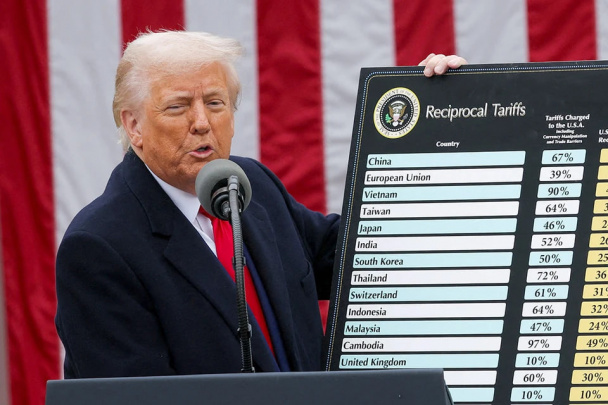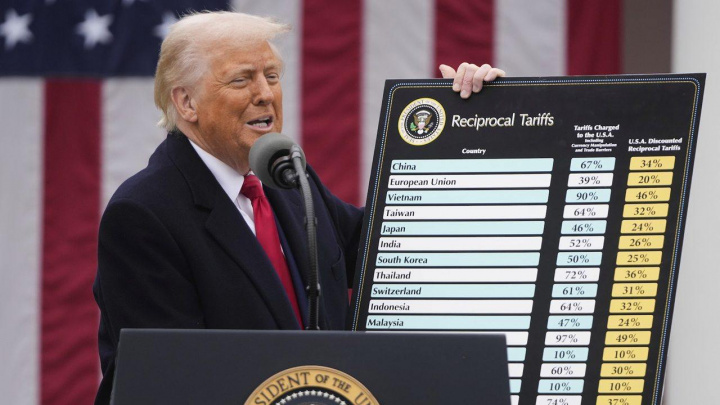Uzbekistan imposes limits on payment cards: What it means for the economy
In a move to combat fraud, Uzbekistan’s Central Bank has announced new restrictions on the number of payment cards an individual can hold. Starting from January 1, 2025, the limit will be set at five cards per person in a single bank and a total of 20 cards, including virtual ones, across all banks. This policy aims to curb fraudulent activity, as some individuals have been found to hold over 100 cards, which the authorities consider an unregulated practice. However, experts have raised concerns about the potential negative consequences of this limitation.
The new regulations are designed to fight fraud, a growing concern in the country’s financial sector. According to the Central Bank, the issue of excessive card ownership had not been addressed legally, which led to cases where some citizens possessed an unusually high number of cards. The new rule allows up to five cards per individual at a single bank, and a total of 20 cards, including virtual cards, across all banks. However, foreign currency cards will not be subject to this limit.
Experts have questioned the effectiveness of such limitations, pointing out that they could negatively affect various economic, social, and business systems. Payment cards play a crucial role in the economy by encouraging consumer spending, facilitating credit systems, loyalty programs, and offering bonuses. Restricting the number of cards, particularly in rural areas, could complicate payment options, increase reliance on cash transactions, and burden the cash infrastructure.
Small and medium-sized businesses, especially those in the service sector, could face challenges as customers who have become accustomed to cashless transactions might lose access to the services. This could lead to decreased revenues and higher costs for businesses relying on cash transactions. Additionally, financial services and fintech companies developing innovations in cashless payments could be significantly impacted.
The effectiveness of limiting card numbers in preventing fraud is still up for debate. Experts argue that fraudsters can adapt to new conditions, and the restrictions might not address the core issue. Fraudulent schemes may simply evolve in response to the changes. Moreover, such measures might inadvertently create barriers for consumers and businesses, hampering the accessibility and convenience of cashless payments.
Globally, there are few restrictions on the number of payment cards issued. In the European Union, for example, banks offer customers multiple debit cards, provided they are linked to different systems, such as Visa or Mastercard, or are of different types, like standard and premium cards. In the United States, customers can also hold multiple debit cards from the same bank, particularly if they are tied to different accounts. Similarly, countries like China and India permit the issuance of multiple debit cards from a single bank, and Russia allows customers to hold multiple cards for a single account.
The restriction on the number of payment cards raises concerns about constitutional rights, particularly the freedom to manage personal property. According to Article 66 of the Constitution of Uzbekistan, citizens have the right to manage their property, including financial tools like payment cards. The proposed limits may violate the principle of equal economic freedom stated in Article 65, as well as the broader constitutional guarantee of personal freedom and rights.
The recent decision to limit the number of cards was made without consulting the public, and experts believe that this approach should be reconsidered. Instead of imposing restrictions on card issuance, authorities should focus on improving the payment system, enhancing financial literacy, and encouraging the development of secure, cashless payment options.
While the intention behind the new rules is to combat fraud, experts argue that the limitations might create more problems than they solve. The focus should shift from artificial restrictions to more comprehensive measures aimed at improving the security of financial transactions and educating the public about protecting their finances. Only through a balanced and informed approach can the effectiveness of fraud prevention be truly enhanced.
Recommended
List of streets and intersections being repaired in Tashkent published
SOCIETY | 19:12 / 16.05.2024
Uzbekistan's flag flies high on Oceania's tallest volcano
SOCIETY | 17:54 / 15.05.2024
New tariffs to be introduced in Tashkent public transport
SOCIETY | 14:55 / 05.05.2023
Onix and Tracker cars withdrawn from sale
BUSINESS | 10:20 / 05.05.2023
Latest news
-
Azerbaijan, Kazakhstan, and Uzbekistan plan to establish green energy corridor
SOCIETY | 19:33 / 07.04.2025
-
Former Presidential Administration chief Zaynilobiddin Nizomiddinov becomes Bekabad district governor
POLITICS | 19:31 / 07.04.2025
-
Shavkat Mirziyoyev proposes global ethical standards for artificial intelligence use
SOCIETY | 19:17 / 07.04.2025
-
Rising meat prices in Uzbekistan: What factors are driving the surge?
SOCIETY | 19:15 / 07.04.2025
Related News

14:31 / 07.04.2025
Shavkat Mirziyoyev: Uzbekistan cut poverty rate from 35% to 8.9% in eight years

12:16 / 04.04.2025
Uzbekistan may feel secondary effects of Trump’s global tariff policy

15:50 / 03.04.2025
Trump imposes 10% baseline tariff on all imports, raising economic uncertainty

19:17 / 02.04.2025



